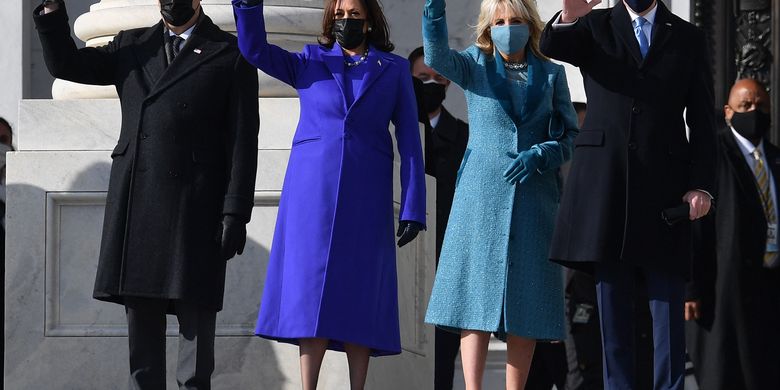The announcement was made on Monday, March 22, ahead of the city council. The association created in 2017 failed to mobilize the necessary patrons. The City comes to the rescue through a public authority. Along the Ouche, an alley will bear the name of Bernard Loiseau and the gastronomic village will offer the largest wine cellar in Europe. Updated.
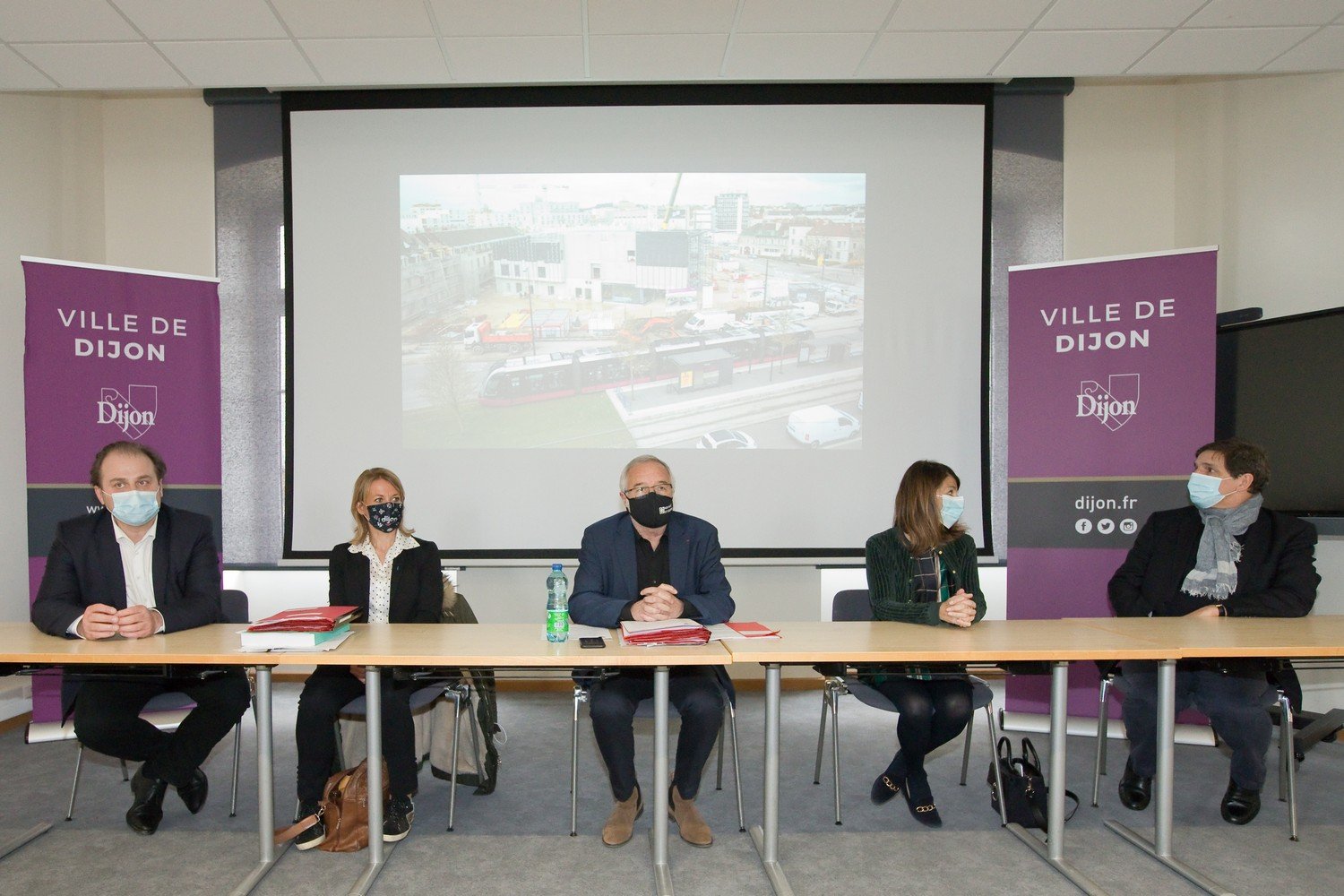 The project of the International City of Gastronomy and Wine suffers one more pitfall. After the legal appeals that delayed the start-up by two years, after the spring 2020 containment which stopped work for two months, here are the economic consequences of the health crisis which have resulted in a hole of two million euros.
The project of the International City of Gastronomy and Wine suffers one more pitfall. After the legal appeals that delayed the start-up by two years, after the spring 2020 containment which stopped work for two months, here are the economic consequences of the health crisis which have resulted in a hole of two million euros.
The City of Gastronomy and Wine is a private project led by the Eiffage group, which invests 95% of the 250 million euros of the budget, to build a real estate park, two cinemas, a hotel and a commercial complex on the site of the old general hospital.
The State and the communities intervene at the level of a “cultural pole” of 1,750 m² helping to explain what the gastronomic meal of the French as labeled by UNESCO in 2010. To operate it, in 2017 had been created ex-nihilo an association responsible for raising funds. In the economic rebound which had followed the trough linked to the subprime crisis, it then appeared possible to seek sponsorship from private actors.
“In five years things have changed”
“The association wished to withdraw from the management of the cultural pole”, launches François Resbamen (PS), mayor of Dijon, this March 22, 2021 during a press conference upstream of the city council. “In five years things have changed”, simply observes François Rebsamen, “a virus fell on us which changed the economic situation and which also contributed to the failure of the city of Lyon”.
The mayor of Dijon speaks first but the association in question is led by Philippe Crevoisier, president, and Catherine Petitjean, secretary. Protective masks do not prevent embarrassed airs from showing through.
In addition, managing director for “products and innovations” of the SEB group, Philippe Crevoisier explains that the new economic situation made investors cautious about the project and sponsorship “quite uncertain”.
The association therefore wrote on March 3 to Eiffage Aménagement, explaining that it could no longer carry a project of this magnitude. The association also called the City of Dijon to the rescue. Attached to the project, the community therefore agrees to take over and manage the cultural center through a public authority.
“The attractiveness of the city is fundamental for companies”, explains Catherine Petitjean, CEO of Mulot and Petijean gingerbread, “after the covid crisis, we have the impression of starting over, it’s a a little difficult daily, we need the attractiveness of the city ”. “The most important thing is that the project is carried out, regardless of the conditions,” she continues. The two protagonists remain members of the city’s strategic orientation council.
A 15.5 million euros project
The Burgundy-Franche-Comté regional council voted for a subsidy of 5 million euros, then increased to 7 million euros. The State provided 1.7 million euros for the scenography to which was added 1.7 million euros from the City of Dijon. The departmental council of Côte-d’Or planned to contribute 3 million euros before retracting to better finance the City of Beaune wines, the City of Dijon compensating the sum. The project is budgeted at 15.5 million euros including 12 million euros for the acquisition of the walls.
“One or two million is missing,” calculates François Deseille (Modem), deputy mayor of Dijon delegate to the International City of Gastronomy and Wine. According to him, the operation of the cultural center is “almost impossible” by relying on corporate sponsorship. During the official launch of the construction, on July 4, 2019, 2 million euros in sponsorship from SEB and Eiffage were announced.
“The community takes its responsibilities”
François Resbamen challenges the notion of a call for help from the association. “Faced with the decision that I understand, the community takes its responsibilities to manage the cultural center”. Taking over governance from April 1, 2021, the community will recover the subsidies provided by the State and the Region. A director’s position, attached to the attractiveness and outreach department of the municipality and the Metropolis, will be created.
If the investment remains more or less the same, the mayor is not able to quantify the post-Covid operating cost. The main unknown being the arrival of foreign tourists. Assuming 300,000 annual visitors, the running cost could be around two million euros per year.
“The International City of Gastronomy and Wine will only succeed with a cultural pole that will seduce and renew itself”, declared François Deseille during the municipal assembly which approved the change in governance.
The largest wine cellar in Europe
With this project, François Resbamen envisions “an education in taste”, that is to say a “public service mission”. For the mayor of Dijon, public management will have the advantage of “better controlling the issue of ticket prices” and of allowing “an optimized approach to the financing of temporary exhibitions”.
In the gastronomic village run by the K-Rei group – a “gastronomic village with an artisanal spirit, a contemporary spirit”, according to François Deseille – the Epicure group will offer the largest wine cellar in Europe with 250 oenomatic distributors offering all 2,500 wine references from all over the world.
There is still provision for “an immersion tasting of Burgundy wines” carried out by the Bureau Interprofessionnel des Vins de Bourgogne (BIVB) and a presentation of Climats de Bourgogne in the former hospital chapel.
The Ferrandi cooking school should be inaugurated in February 2022 and the cultural center in March 2022 with a first exhibition on pastry. The 4-star Curio by Hilton will arrive in 2023.
The Village by CA start-up accelerator will undoubtedly be the first to be ready. According to François Resbamen, the inaugural date of December 21, 2021 is maintained to mark “the end of the work”. Along the Ouche, an alley will bear the name of Bernard Loiseau.
Jean-Christophe Tardivon
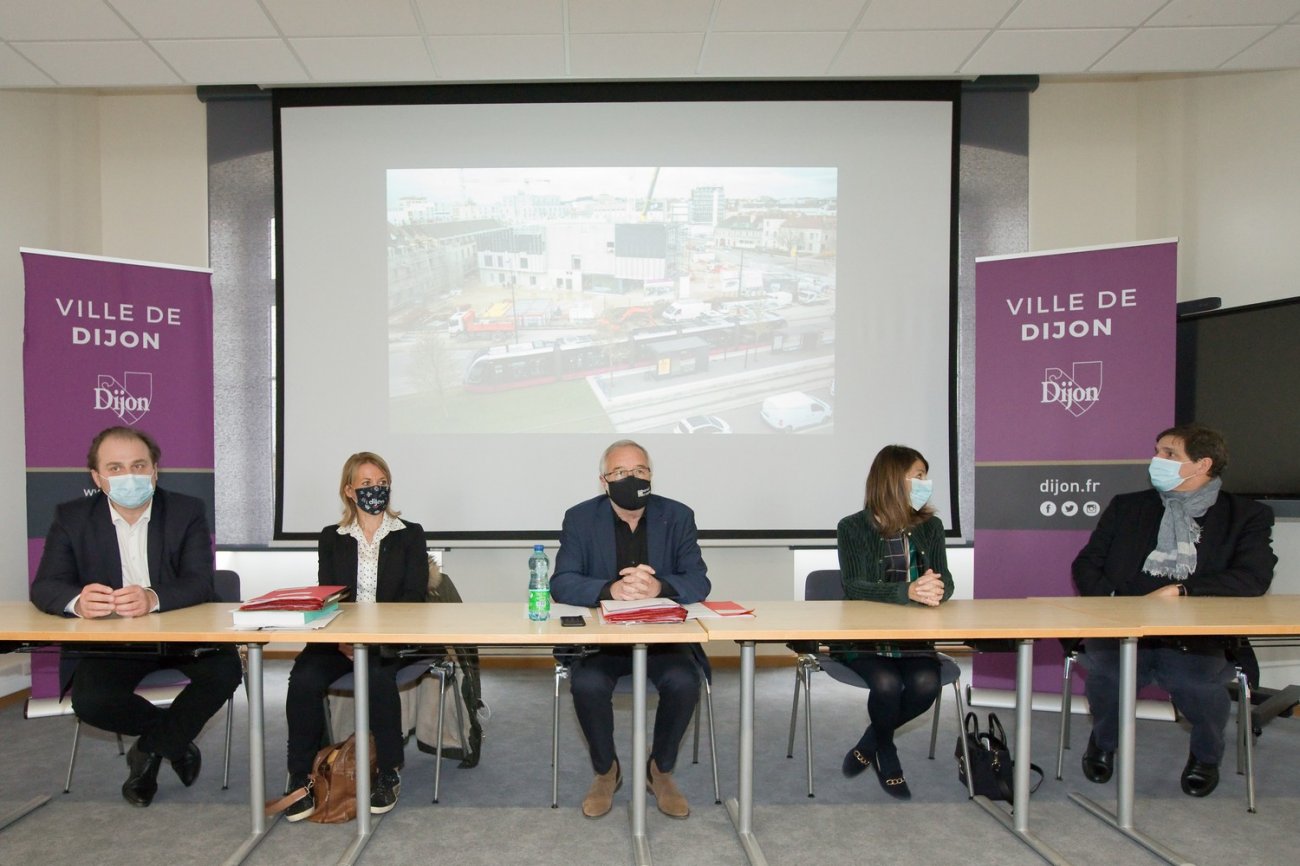
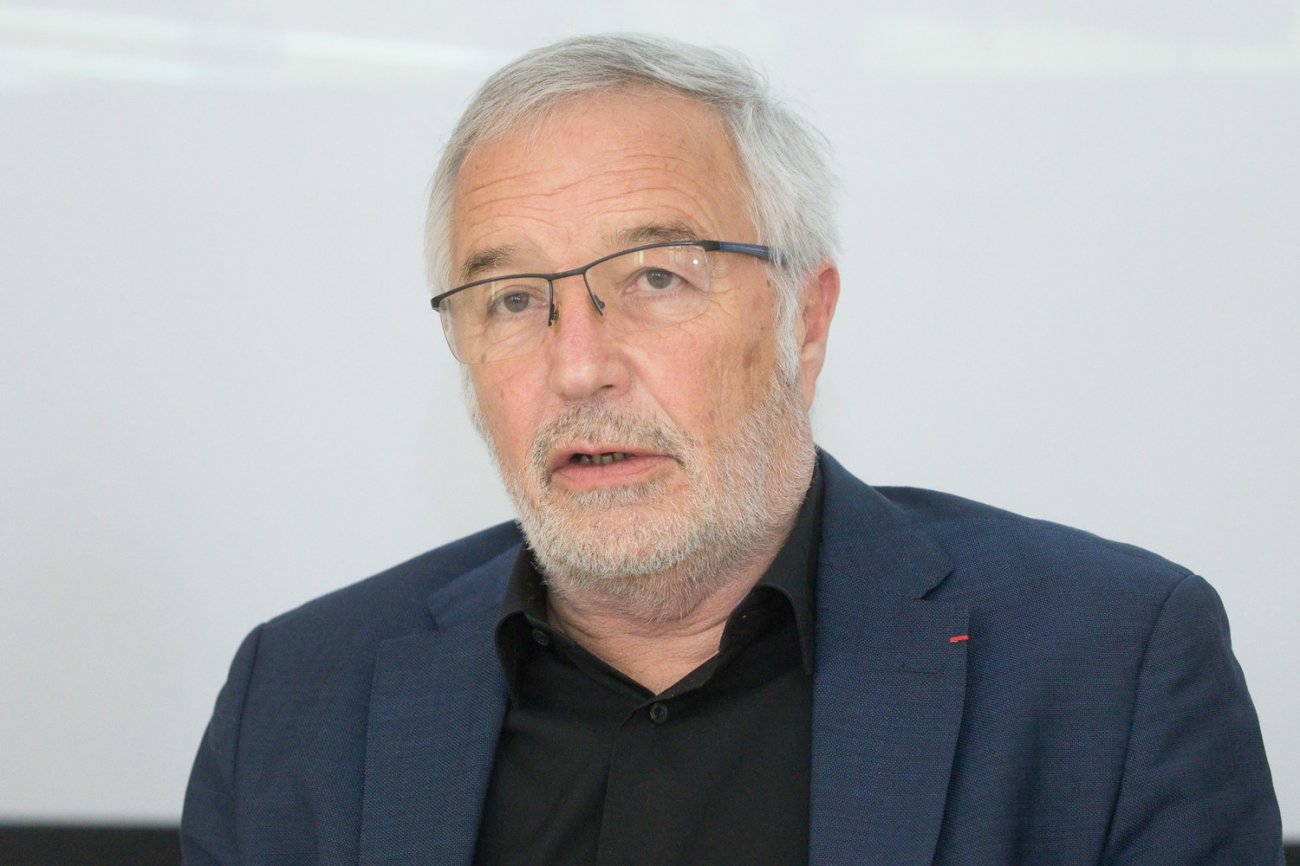
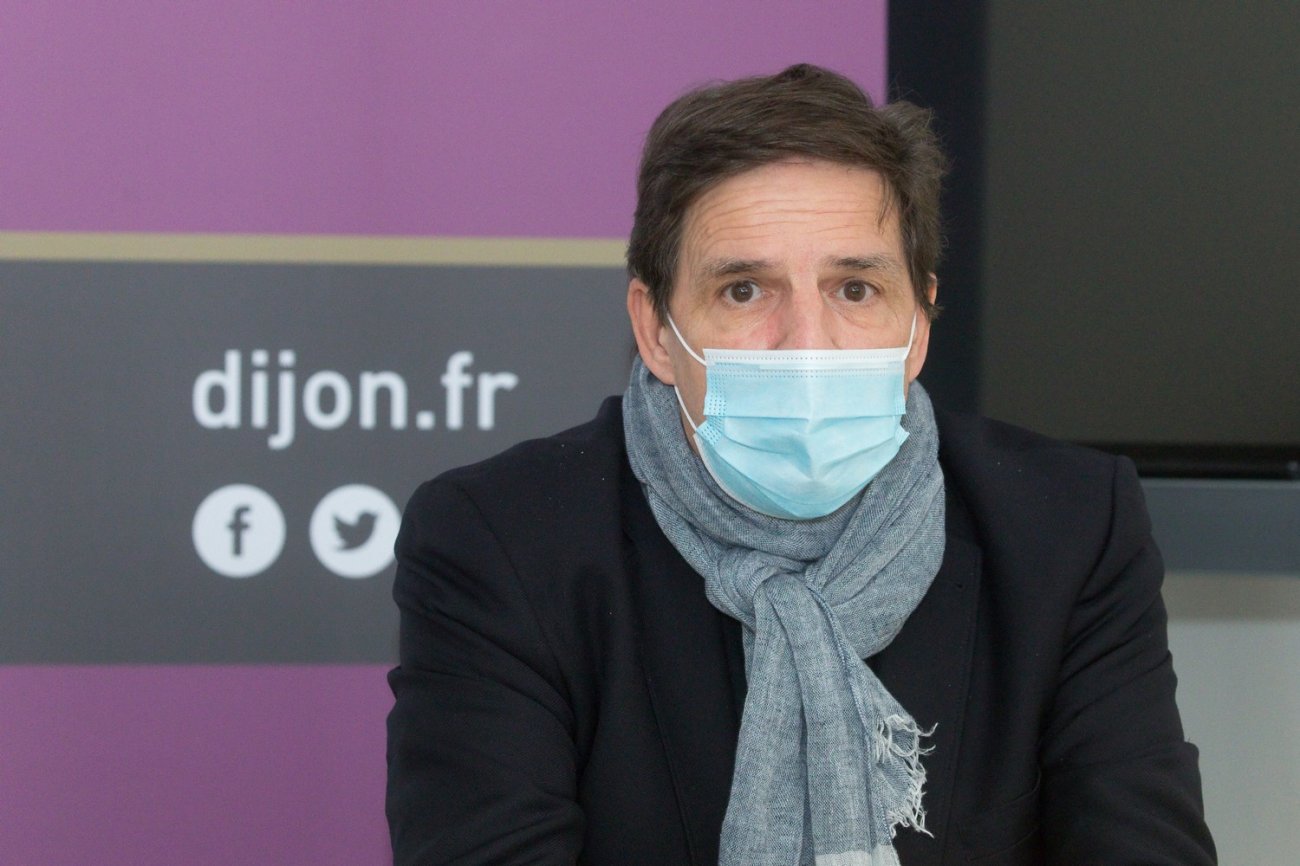
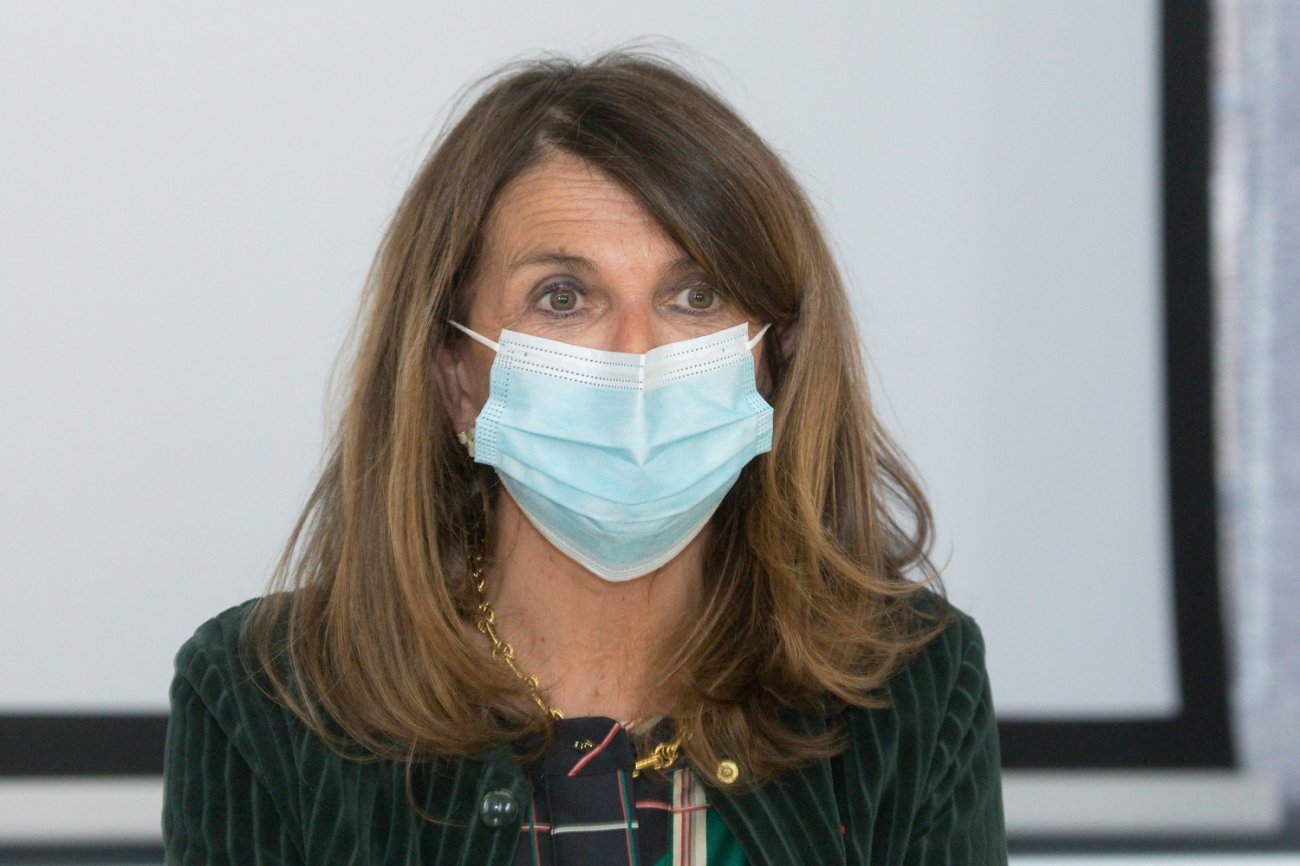
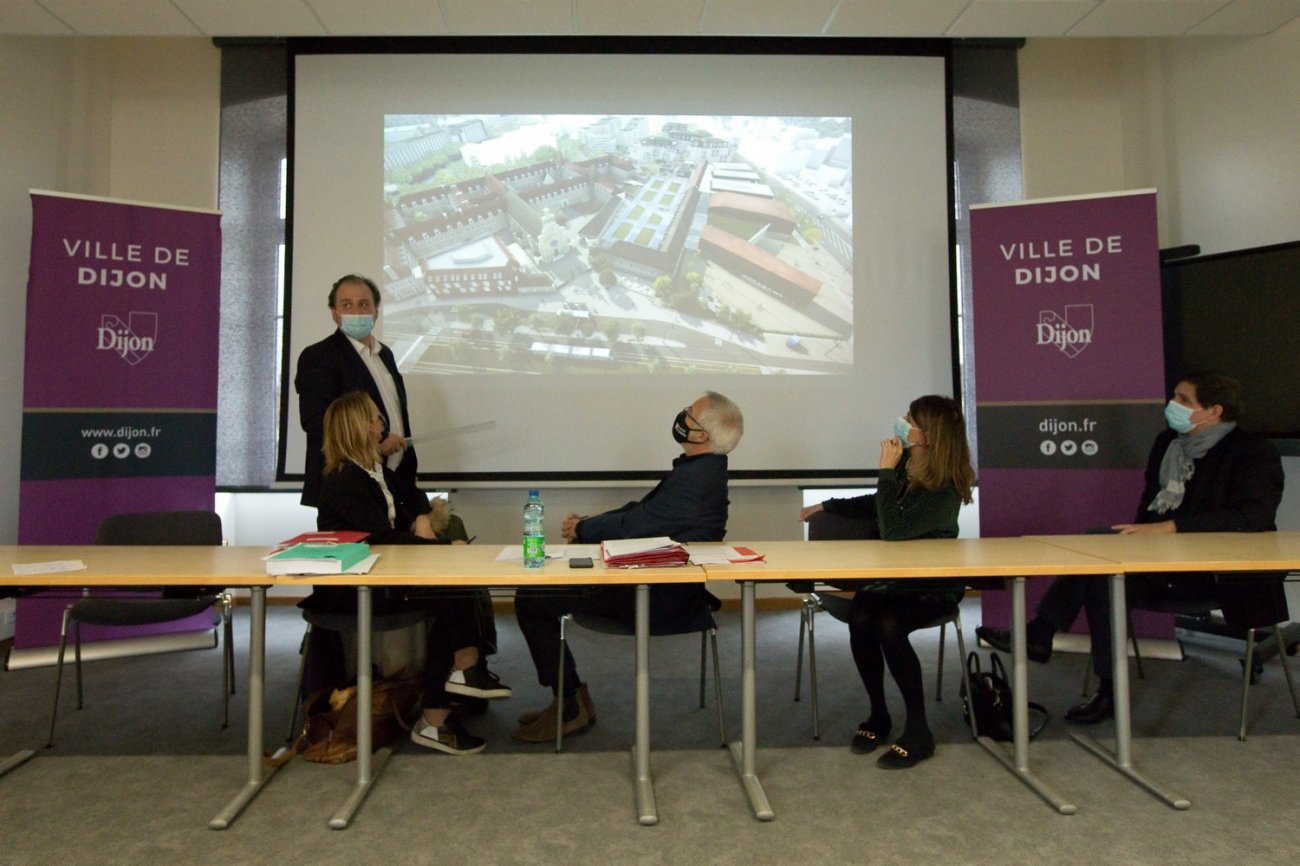
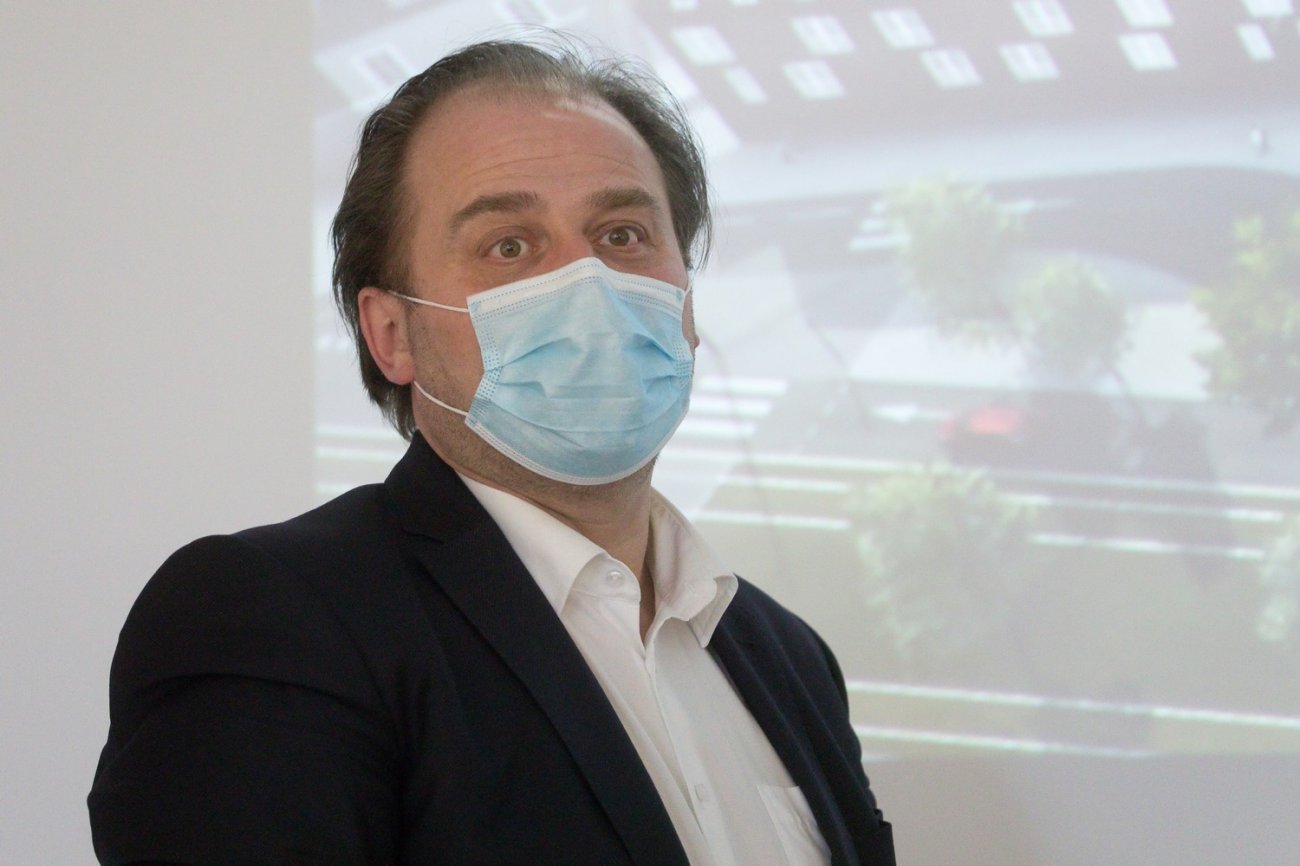
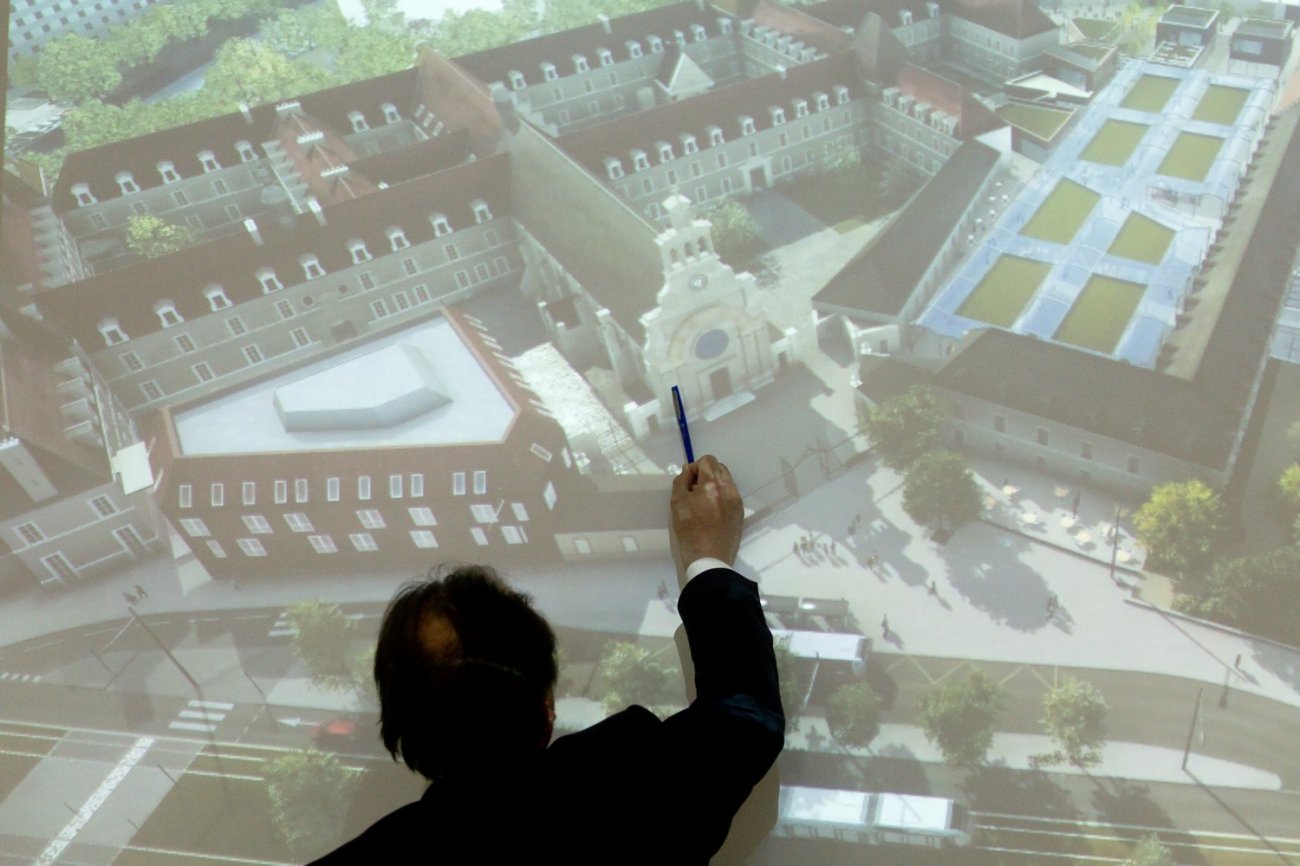
–

